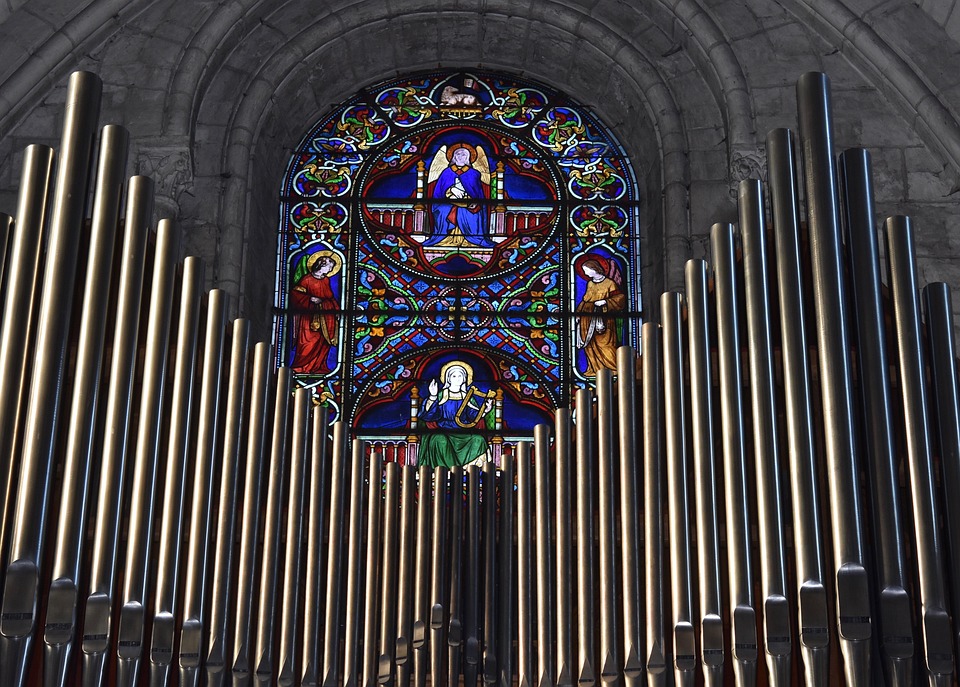Reviving Lost Traditions: Rediscovering Musical Heritage
In today’s fast-paced world, where technology and modernity seem to dominate every aspect of our lives, it is easy to overlook the importance of preserving and reviving traditional practices and values. One such tradition that often gets neglected is the rich musical heritage of different cultures around the world. Music has been a vital part of human culture for centuries, serving as a means of expression, communication, and celebration. However, with the rise of pop culture and commercialization of music, many traditional musical forms and practices have been pushed to the sidelines, overshadowed by more mainstream genres.
The Importance of Musical Heritage
Music is not just a form of entertainment; it is a powerful tool that connects people to their cultural roots and history. Traditional music reflects the values, beliefs, and experiences of a particular community, providing a window into their way of life. By preserving and reviving traditional musical practices, we can ensure that these valuable cultural expressions are not lost to future generations. Moreover, studying and performing traditional music can help bridge the gap between different cultures and promote understanding and harmony among diverse communities.
Challenges in Preserving Musical Heritage
In a rapidly changing world, where trends come and go at the blink of an eye, it can be challenging to keep traditional musical practices alive. Many young people today are more drawn to contemporary, commercialized forms of music, such as pop, hip-hop, and electronic dance music, which often dominate the airwaves. As a result, traditional music is at risk of being marginalized and forgotten, as fewer people are exposed to it and fewer opportunities exist for aspiring traditional musicians to develop their craft.
Furthermore, many traditional music forms are intrinsically tied to specific cultural practices, rituals, and ceremonies that are fading away in modern society. As these cultural traditions disappear, so too does the music that accompanies them, leaving a gap in our collective heritage. Without concerted efforts to preserve and promote traditional music, we risk losing an important part of our cultural identity and history.
Reviving Lost Traditions
Despite these challenges, there are many ways in which traditional musical heritage can be revived and celebrated. One approach is through education and outreach programs that introduce young people to traditional music and provide opportunities for them to learn and perform it. Schools, community centers, and cultural organizations can offer classes, workshops, and performances that showcase traditional music and its cultural significance.
Another strategy is to provide support and resources for traditional musicians and artists, helping them to preserve and transmit their musical traditions to future generations. This could involve funding for recordings, concerts, and festivals that feature traditional music, as well as mentorship programs that pair experienced musicians with younger artists. By creating opportunities for traditional musicians to showcase their talents and connect with audiences, we can help ensure the continued vitality of these art forms.
Embracing Diversity and Inclusivity
In reviving traditional musical heritage, it is essential to recognize and celebrate the diversity of cultures and traditions that exist around the world. Every culture has its own unique musical expressions, styles, and instruments, each with its own beauty and significance. By embracing this diversity and promoting inclusivity, we can create a more harmonious and interconnected global community that values and respects the richness of cultural heritage.
Moreover, traditional music has the power to bring people together and bridge divides between different communities. Through shared musical experiences, people can connect on a deep and emotional level, transcending language and cultural barriers. Collaborative projects that bring together musicians from diverse backgrounds can create new and exciting fusions of traditional styles, breathing new life into ancient musical traditions.
Conclusion
In conclusion, reviving lost musical traditions is a vital and rewarding endeavor that enriches our lives and preserves the cultural heritage of humanity. By recognizing the value of traditional music and supporting efforts to revive and celebrate it, we can ensure that future generations will continue to be inspired by the beauty and diversity of our musical heritage. Whether through education, outreach, collaboration, or performance, there are countless ways that we can contribute to the revival of lost musical traditions and promote a more inclusive and interconnected world. Let us embrace the past to enrich the present and inspire the future through the power of music.


